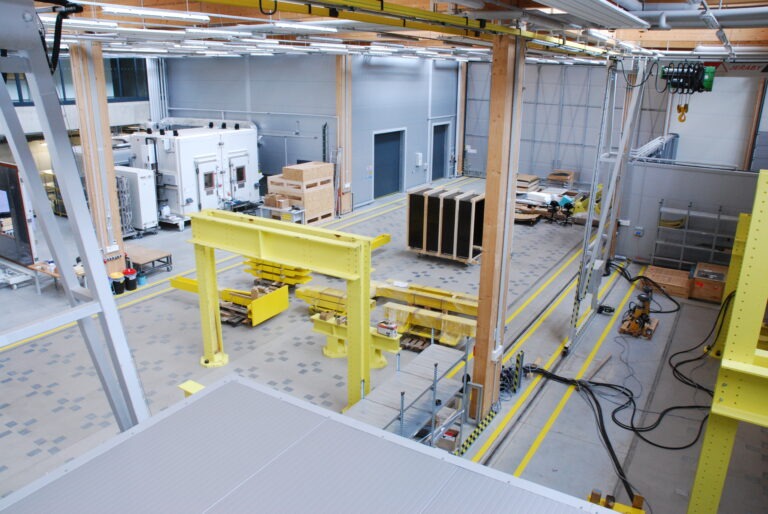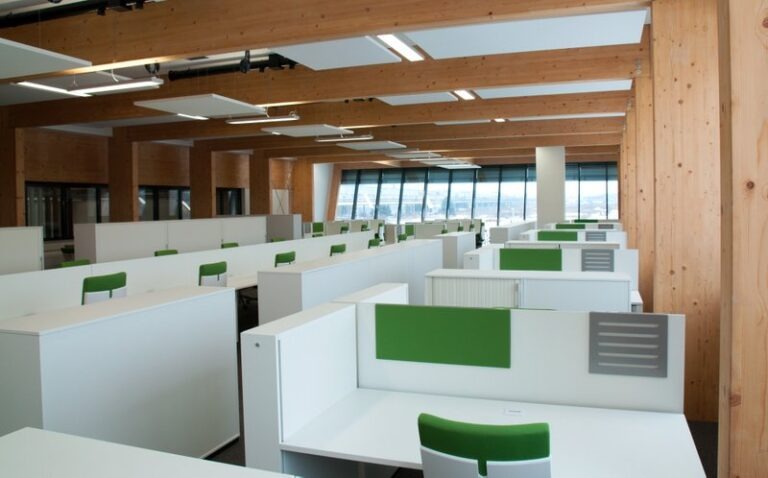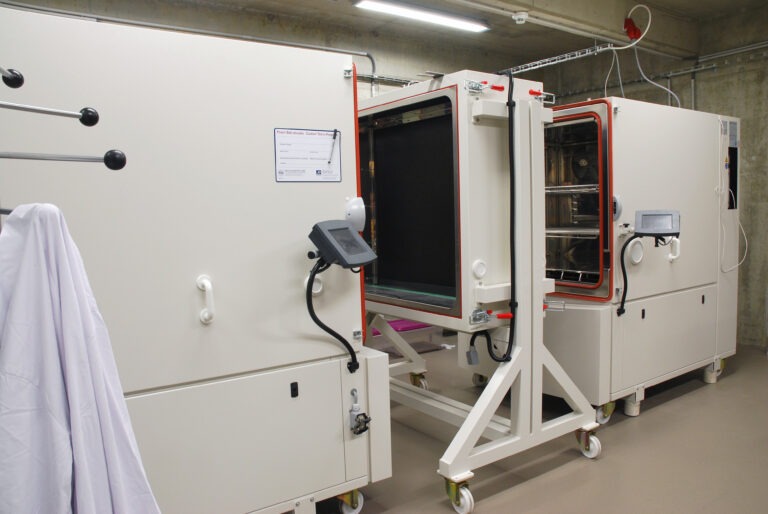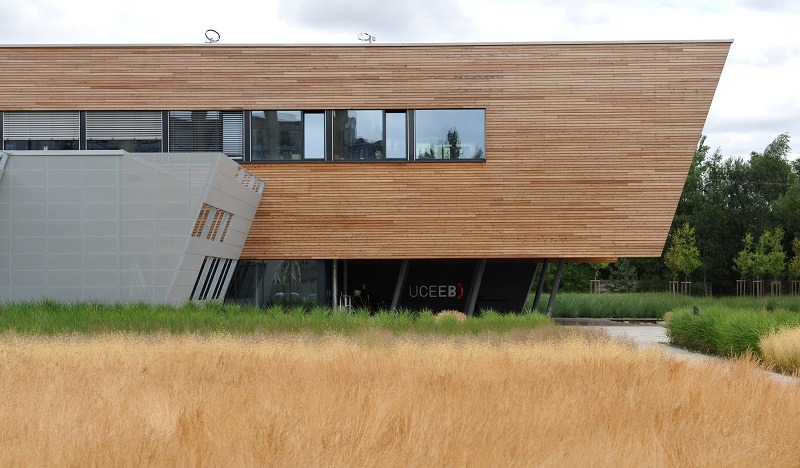
Czech Technical University in Prague, University Centre for Energy Efficient Buildings
General description
The Czech Technical University in Prague (CTU) was founded in 1707 and is one of the oldest technical universities in Europe and currently the major technical university in the Czech Republic. UCEEB was founded in 2012 as an independent institute of the CTU. Main goal of UCEEB is to produce knowledge in the field of energy efficiency of buildings and to implement such knowledge in practice through close cooperation with industry and municipalities. UCEEB is divided into five research departments that include decreasing of energy demand in buildings, efficient usage of renewable sources, systems of intelligent control, indoor environmental quality and environmental links. UCEEB is a reaction to one of the European Union’s largest priorities aimed at optimisation of energy efficiency of buildings. The centre also participates in European scientific projects, such as the Joint Technology Initiative on Energy Efficient Buildings, which is based on the EU’s targets for carbon dioxide emissions. UCEEB is a holder of the European HR Excellence in Research Award.
Key Research Facilities, Infrastructure and Equipment
- Equipment for experimental research in all areas of building physics: hygrothermal laboratory, climatic chambers, climatic rooms etc., infrared photography (IR), partical imaging velocimetry (PIV), building energy concepts, technical systems for HVAC, photovoltaic laboratory, acoustic laboratory, material laboratory, fire laboratory.
- Artificial sun – testing stand for solar-energy harvesting elements. Experimental equipment for mechanical testing of building component up to full scale testing. New unique facility for side-by side experiments under real climatic condition will be available as well. A testing plot for large full-scale testing and observations. Tools for advanced simulations.
- Laboratory of Heat Pumps: Multi-purpose climate chamber with two separated rooms. Two separate measuring loops for testing ground, water and air source heat pumps. Portable analyzer of heat pumps and cooling devices for function and performance diagnostics during operation.
- Solar Laboratory SOLA B2: In/out door test stands for solar collectors, solar simulator, test stand for determining the optical characteristics of transparent materials, portable ultrasonic flow & heat meter, mertel eurotest PV device for complete testing and diagnostics, mass flow meters for fluids’ measuring.
Contact person
Contact us to know more about our location and work environment. Please use the main contact for questions related to administrative matters. Please contact the supervisors/group leaders of respective research groups regarding feasibility of your research proposal with regard to the research group activities.
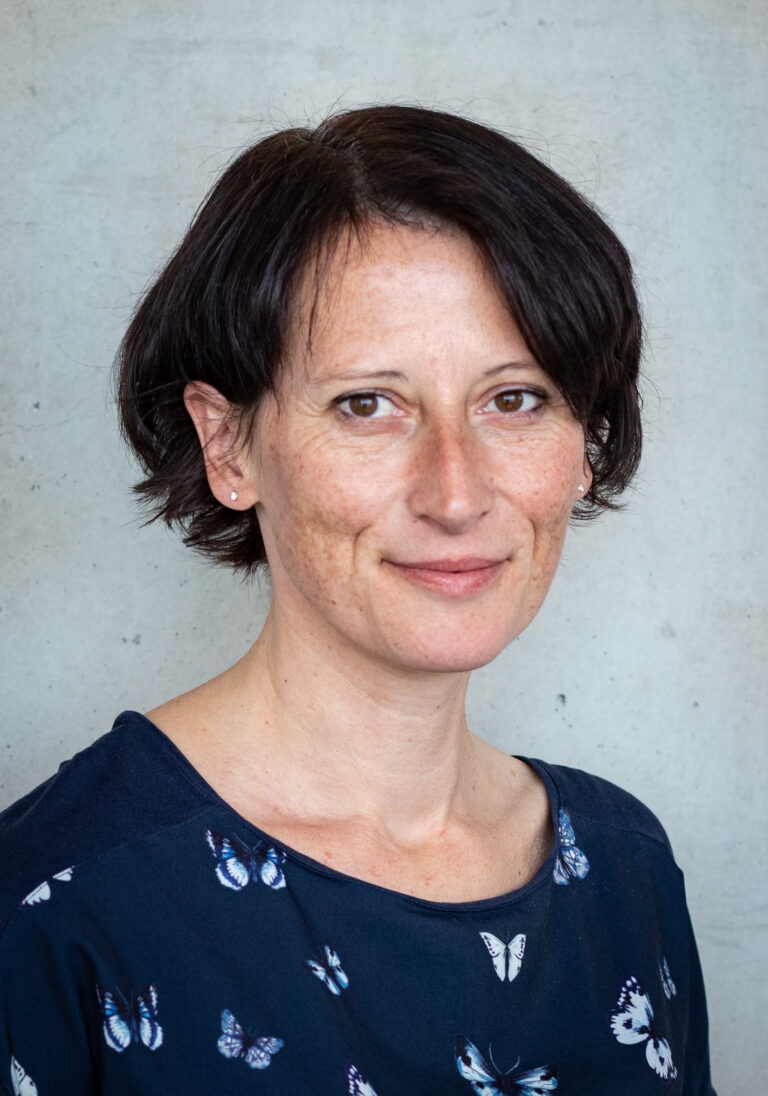
Your future supervisors
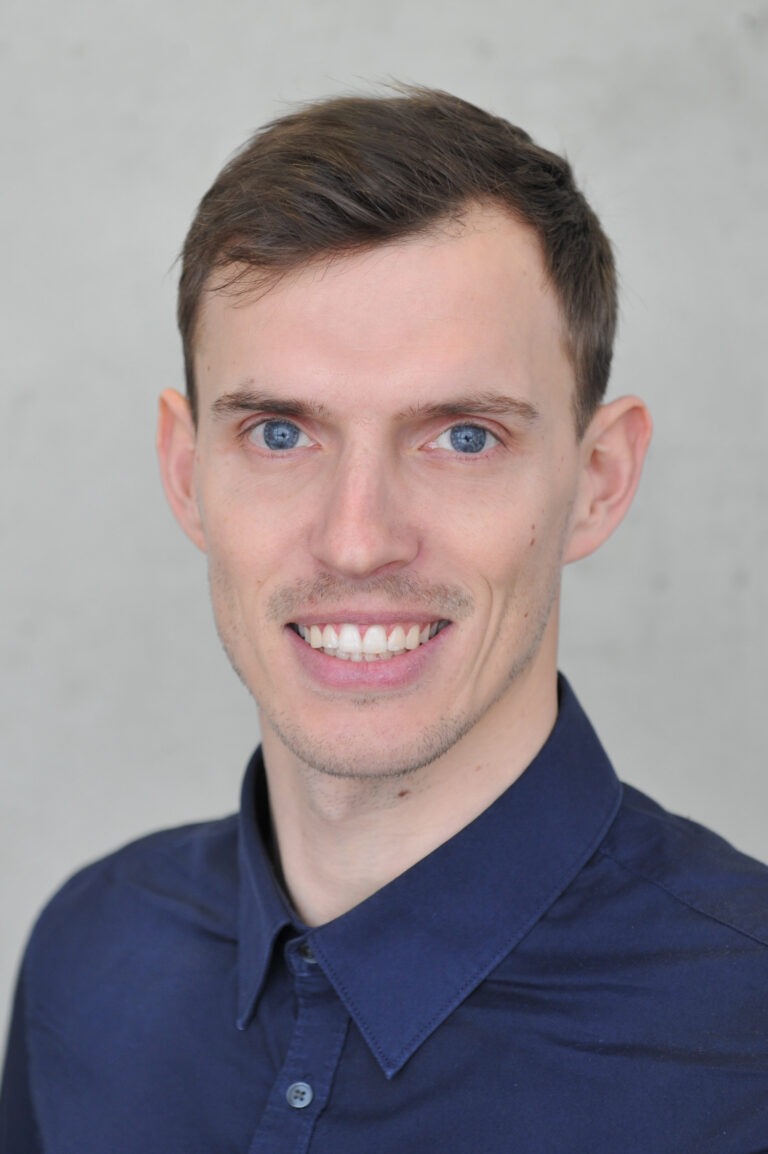
Jiří Dostál

Jiří Dostál
I am the head of Control Systems and Optimization team at the University Centre for Energy Efficient Buildings of the Czech Technical University in Prague. I focus on applying advanced control, statistical estimation and machine learning to industrial processes and buildings. I worked as well for a world manufacturer of check-in systems as a programmer of microprocessors and subsequently also for the prestigious Automatic Control Laboratory of Honeywell in Prague.
About the position
The successful candidate will be based at the University Centre for Energy Efficient Buildings, Czech Technical University in Prague
The Postdoctoral fellow will join the Control systems and optimization team that is focused on applying advanced control, estimation and detection, and that is working to find solutions to different challenges in the field of industrial processes and buildings.
The fellow may also have the opportunity to carry out secondments in the non-academic sector, in cooperation with our industrial partners, e.g. TÜV SÜD, Siemens, Linet. Potential projects to be involved with include Safety of traction batteries, Energy Flexibility, Machine learning processing of building process data, Energy optimization of industrial processes.
Given the main focus of our research group, the expected outputs of the fellowship are high-level scientific publications or applied research outputs. The applicant shall have studied control science. Additionally, knowledge of Li-ion batteries is beneficial.
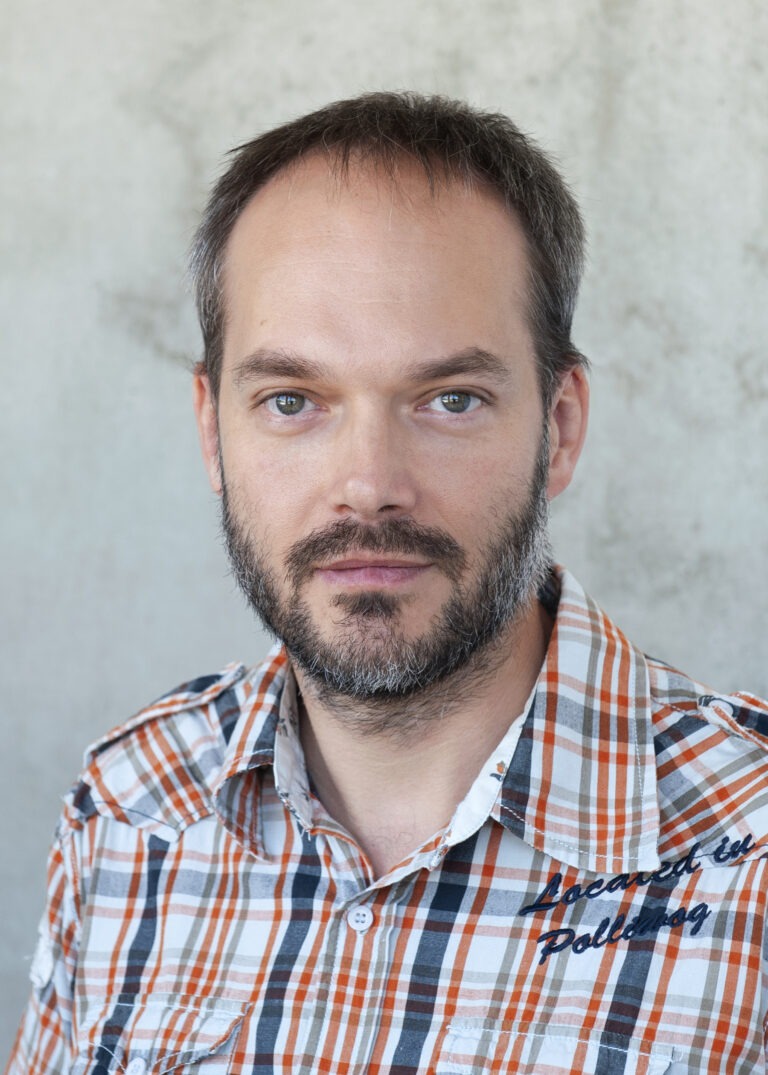
Jan Včelák

Jan Včelák
I am the head of the Electronic Systems and Diagnostics team at the University Centre for Energy Efficient Buildings of the Czech Technical University in Prague. In parallel I am working at InnoRenew CoE (Slovenia) as a researcher in the field of sensors and building monitoring. I am a co-founder of MoistureGuard and InoSens CZ companies where he leads R&D activities. I have expertise connected with sensor design for special purposes, and complex sensor systems including data processing algorithms. My activities also cover the topic of sustainable building construction materials and sensor systems for their diagnostics and monitoring covering fiber optic sensors, timber construction monitoring systems and structural health monitoring. I was a member of the microsystems group in Tyndall NI (Cork, Ireland) and working at InnoRenew CoE (Slovenia) as a researcher in the field of sensors and building monitoring during my research career. My tasks are mainly in coordination of R&D activities and supervising research projects as a principal investigator or coordinator mainly in electronics design, renewable energy sources, energy storage and sustainable built environment.
About the position
1. The successful candidate will join the research Electronic Systems and Diagnostics team with experience in sensor design for building structures monitoring and indoor Environment quality measurement. The candidates should focus their research on areas of sensor design, embedded AI algorithms and advanced data processing. The research field covers sensors and data processing of indoor parameter values as well as sensors for the detection of abnormal user behaviour or detection of dangerous situations in the indoor environment.
The laboratory of electronic systems is fully equipped with development and design tools. The department has access to smart fully equipped dwelling directly in research Centre where the technologies and algorithms can be tested. The candidate will work in the international team and he will cooperate with other research departments in the Centre on research topics that can be multidisciplinary.Given the focus of our research group, the expected outputs of the fellowship are high-level scientific publications and applied research outputs and collaboration on group research projects and new proposals.
2. The successful candidate will join the research sub-team of optic fiber sensors applications and is expected to work on research topics related to fiber optic sensors applications for SHM monitoring of building structures such as reinforced concrete, timber or hybrid structures. The research topics can be also related to data processing or the design of algorithms for the detection of deviations from the model or sudden changes in behavior of the structural elements.
The laboratory is fully equipped with optic fibre testing and development tools with a focus on Fibre Bragg Grating Sensors and has experience with FBG sensor applications for bridge and other structure monitoring. The candidate will work in an international team and will cooperate with other research departments in the Centre and thus research topics can be multidisciplinary .Given the focus of our research group, the expected outputs of the fellowship are high-level scientific publications and applied research outputs and collaboration on group research projects and new proposals.
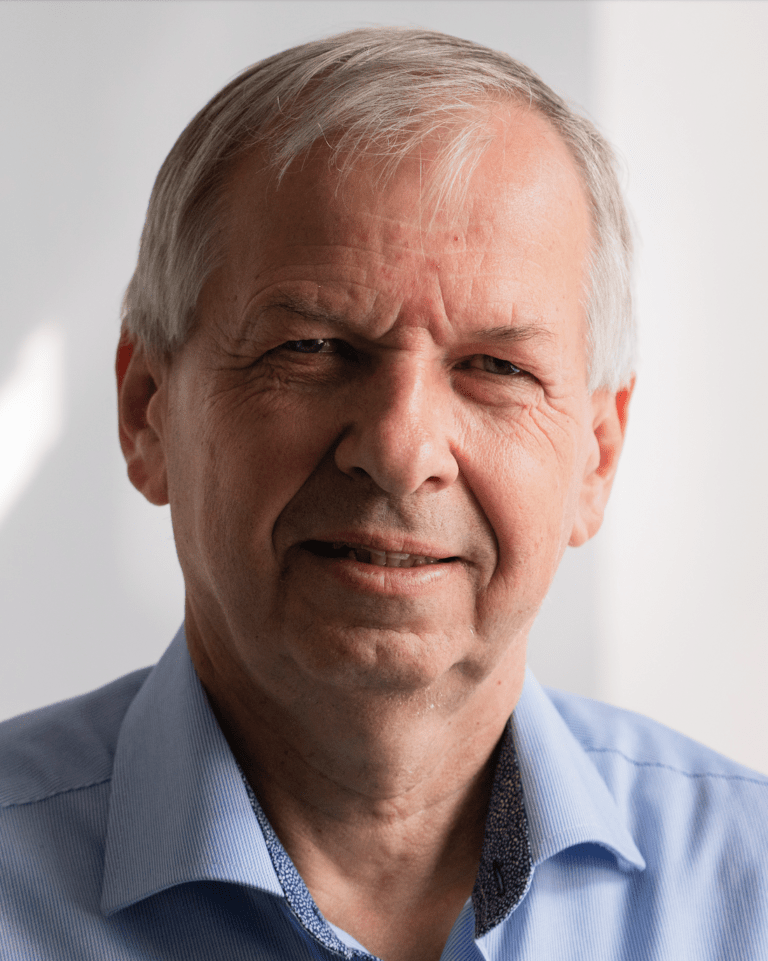
Petr Hájek

Petr Hájek
My long term interest is in the field of interdisciplinary research focused on sustainable construction of buildings. I am full professor of Civil Engineering at the Czech Technical University in Prague, former Head of Department of Architectural Engineering at Faculty of Civil Engineering and senior researcher of Composite Structures Laboratory at University Centre for Energy Efficient Buildings. My main research focus is in sustainable concrete structures, optimization of concrete structures, use of new types of environmentally friendly silicate composites and use of recycled materials. I am involved in activities of fib (International Federation for Structural Concrete), past chairman of fib Commission 7 – Sustainable Concrete. I am the author of more than 200 research-based publications, 3 patents, 5 books and 5 text books.
About the position
The Postdoctoral fellow will joint the research team Composite Structures, that has long term experience in sustainable concrete structures, optimization of concrete structures, use of new types of silicate composites, and use of recycled materials. Specific research topics are in the field of research and application of UHPC, TRC in structures with reduced environmental impact and increased resilience. The research is based on theoretical analysis, experimental investigation and evaluation of environmental impact using LCA.
The key research infrastructure and equipment of our research group is in the lab of Composite Structures which is fully equipped with all needed testing equipment, and other testing facilities of UCEEB including the possibility of testing large-scale test samples enabling static and dynamic loads.
The fellow may also liaise with international collaborators, based on current activities in fib (International Federation for Structural Concrete) and long term cooperation with many international partners.
Given the focus of our research group, the expected outputs of the fellowship are high-level scientific publications and applied research outputs such as collaborative research projects.
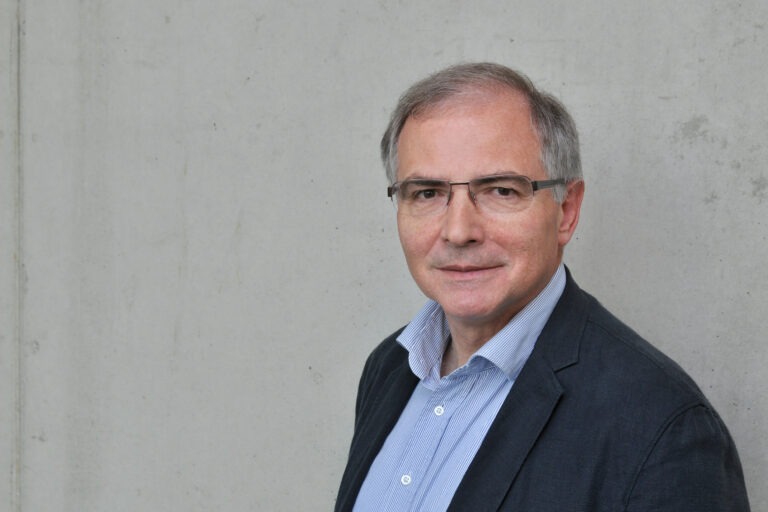
Petr Kuklík

Petr Kuklík
I am the head of the Materials and Structures Department at the University Centre for Energy Efficient Buildings of the Czech Technical University in Prague. I participate as a researcher and co-investigator in national and international projects. I am the author of a number of technical books and publications on timber structures, as well as patents and utility models. I chair the Czech Technical Standardisation Commission TNK 34 – Timber Structures and am involved in other technical standardisation commissions at national and international level. I am a developer of European and Czech technical standards for the design of timber structures at normal temperature and in fire conditions and also standards related to these standards. Under my supervision, 12 PhD theses were defended.
About the position
The successful candidate will be based at the Department of materials and structures. The Postdoctoral fellow will join the research team Structural engineering that is focused on structural systems and their innovations and that is working to find solutions to different challenges in the field of static calculations, numerical models, real testing and its analysis. We also provide analysis of the fire resistance of timber buildings and provide support for fire tests. We deal with the design and implementation of construction monitoring.
The key research infrastructure and equipment of our research group include the possibility of testing large-scale test samples. We have testing equipment that enables static and dynamic loads up to 1,000 kN. The variable setting of the test system makes it possible to test, in addition to normal bending and shear tests, e.g. wall systems loaded with horizontal and vertical forces at the same time. For material tests, we use a smaller mechanical laboratory with presses up to 100 kN.
The fellow may also liaise with international collaborators, e.g. in the field of European standardisation, or have the opportunity to work with our industrial partners, e.g. Stora Enso. We are currently very interested in issues related to the use of cross-laminated timber (CLT) in multi-storey buildings.
Given the main focus of our research group, the expected outputs of the fellowship are high-level scientific publications / applied research outputs such as patent applications.
Potential areas of expertise of candidates that may be suitable for our research group are PhDs in civil engineering.
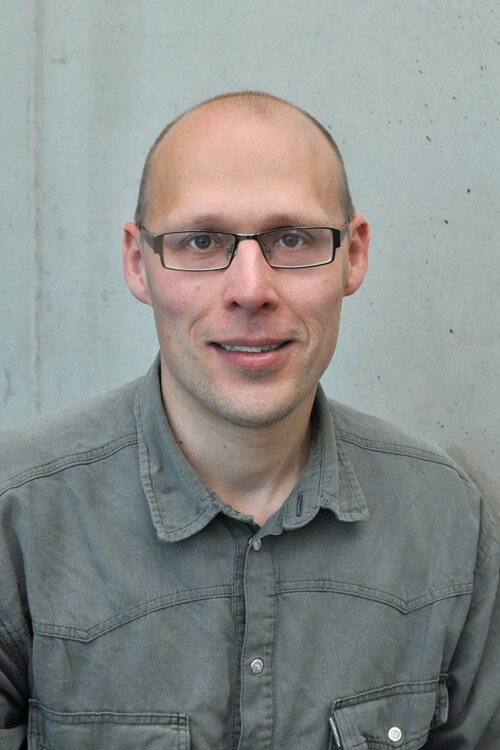
Daniel Adamovský

Daniel Adamovský
I am a graduate of the master’s and doctoral programme in Civil Engineering with a focus on Technical Building Equipment at the Faculty of Civil Engineering at the Czech Technical University in Prague. I teach and supervise bachelor’s, diploma and dissertation theses at this faculty. At UCEEB I lead the team for Indoor Environment of Buildings. My long-term focus is on ventilation and air conditioning. For several years, I led the development of a novel ventilation unit using thermoelectric modules. A recent scientific theme is the application of lasers for air purification.
About the position
The successful candidate will join the research team Indoor Environment of Buildings at University Centre of Energy Efficient Buildings near Prague.
The team focuses on applied research of thermal comfort, air quality and illumination in buildings. Together with industrial partners, our goal is to provide new solutions to improve the quality of indoor environment while using energy efficiently. The postdoctoral fellow will join our efforts and will also have the opportunity to develop his/her topic.
The key research infrastructure and equipment of our team include modern climatic double cabin, thermal manikin, particle image velocimetry, etc. The fellow will also liaise with international collaborators, e.g. Aalto University or Technical University of Denmark and have the opportunity to cooperate with our industrial partners, e.g. Fenix group. The expected outputs of the fellowship are high-level scientific publications.
Potential areas of knowledge of the applicants that can be a good fit for our research team: PhD in scientific fields related to indoor environment and building energy systems. The applicant should have a solid publication track record in peer reviewed journals. Additional knowledge or experience that would beneficial includes computer simulations (such as Ansys CFD or Trnsys), leading laboratory and in-situ experiments and statistical methods.
We are seeking an enthusiastic, creative, highly motivated individual who is willing to work both independently and as part of a team, and who has good written and oral communication skills in English.


